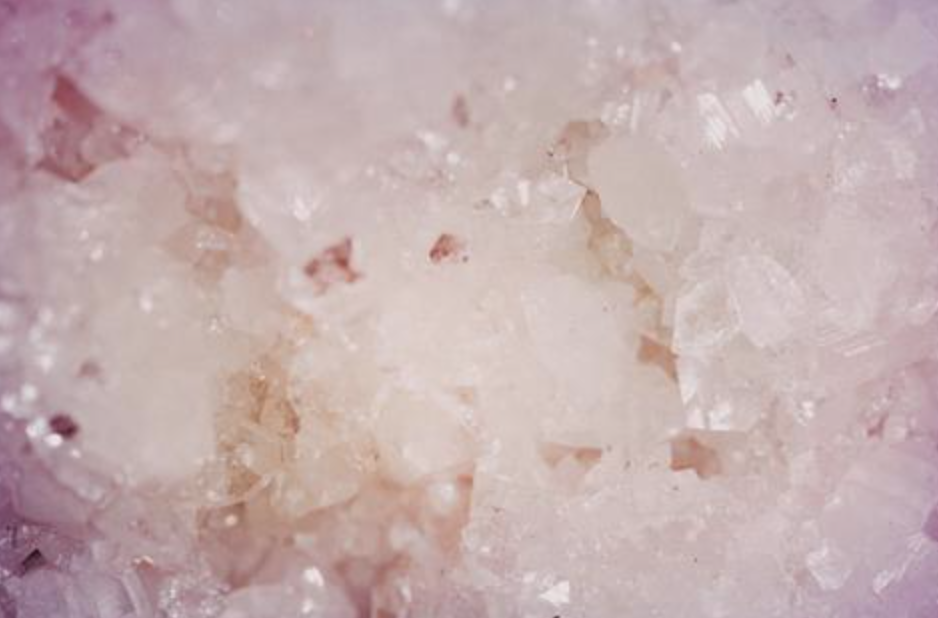90% of Sea Salt Has Tested Positive For Plastic. A Reason To Choose Pink Himalayan Salt

A study analyzed 39 salt brands from 21 countries and found that more than 90 percent contain microplastics. This new study evaluated salt brands worldwide and is the first on this scale to analyze the geographical spread of microplastic in sea salt and the connection to where plastic pollution is found in the environment. Researchers believe most people consume about 2,000 particles a year in their sea salt alone.
Why Do You Need Salt?
According to Dr. David Brownstein, author of Salt Your Way to Health, pink Himalayan salt is an excellent detoxifier and high in mineral nutrients. There are around 80 minerals and essential trace elements in pink Himalayan salt. crops are lacking in many of these because the soil has been depleted of trace elements and minerals due to pesticides, herbicides and heavy metals. Some of the major minerals included with pink Himalayan salt are magnesium calcium, potassium, and sulfate. The body requires a specific sodium-to-potassium ratio to normalize blood pressure. Low salt intake contributes to an increased risk of heart disease, osteoporosis, low magnesium levels and other potential health risks. Researchers found women without high blood pressure who consumed the most potassium had a 21 percent reduced risk of stroke. When your body does not have enough salt it starts pulling sodium from your bones which strips magnesium and calcium to maintain a normal sodium level. This results in a reduction in sodium excretion in sweat, substituting magnesium and calcium instead. Low sodium also elevates aldosterone, a sodium-retaining hormone, which in turn reduces magnesium by passing it through your urine.
Why is Pink Himalayan Salt a Good Option?
All salt is not created equally. Your body needs sodium and chloride ions in salt crystals, but is unable to produce them. Refined table salt is nearly all sodium chloride with man-made chemicals.
Pink Himalayan salt has a different balance of sodium and chloride with over 80 trace elements in their natural mineral form which the body needs in order to stay healthy. The crystals are untouched by pollutants. It is mined from salt beds created long before plastic and toxic chemicals were manufactured. When the ocean beds were lifted, as the Himalayan Mountains were formed, these salt beds rose from the sea and were later protected by lava and covered in snow and ice for thousands of years.





